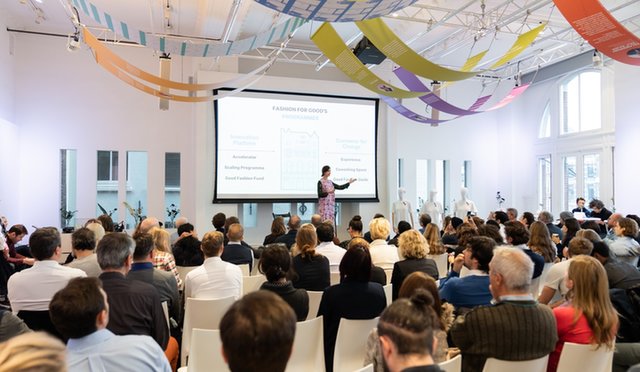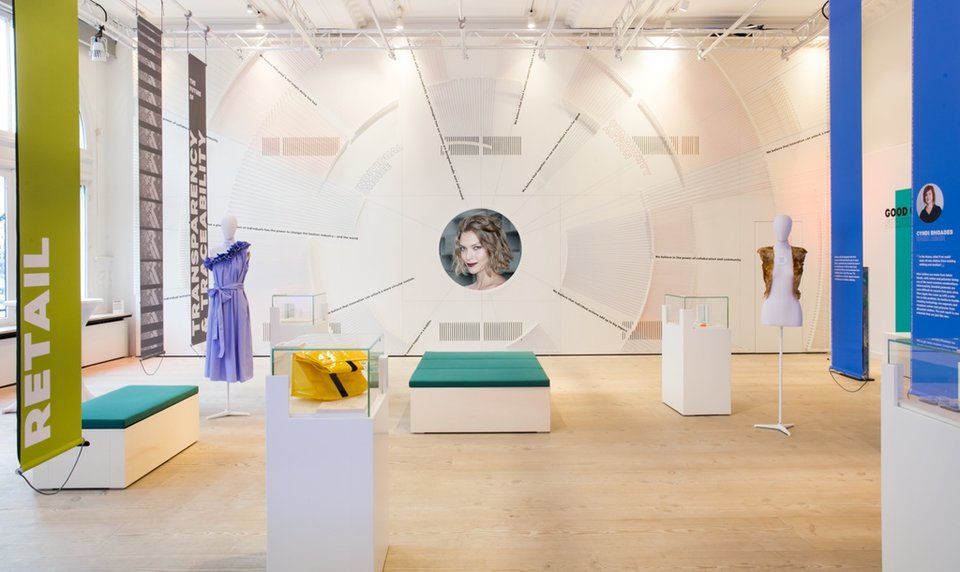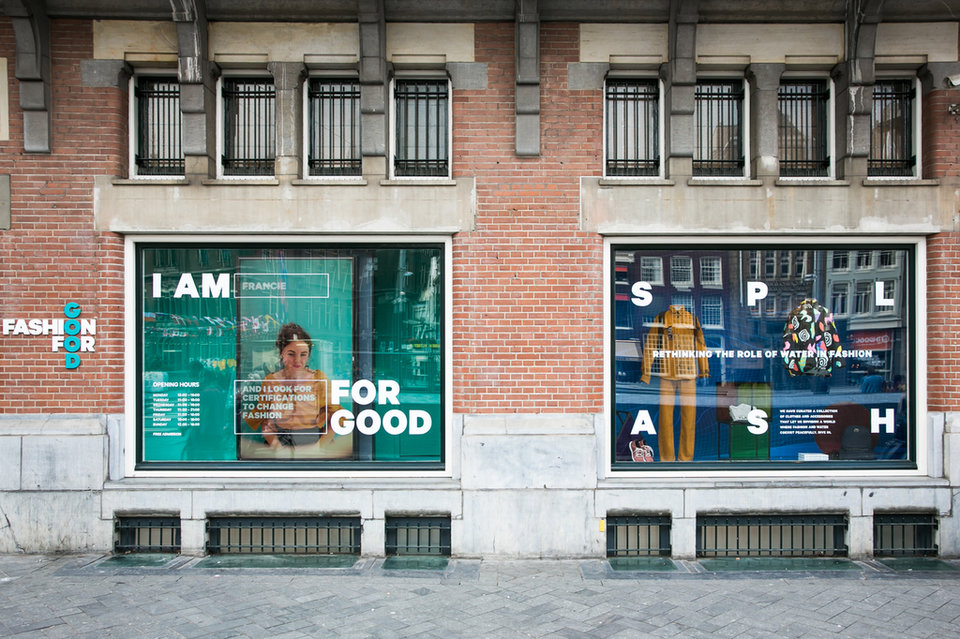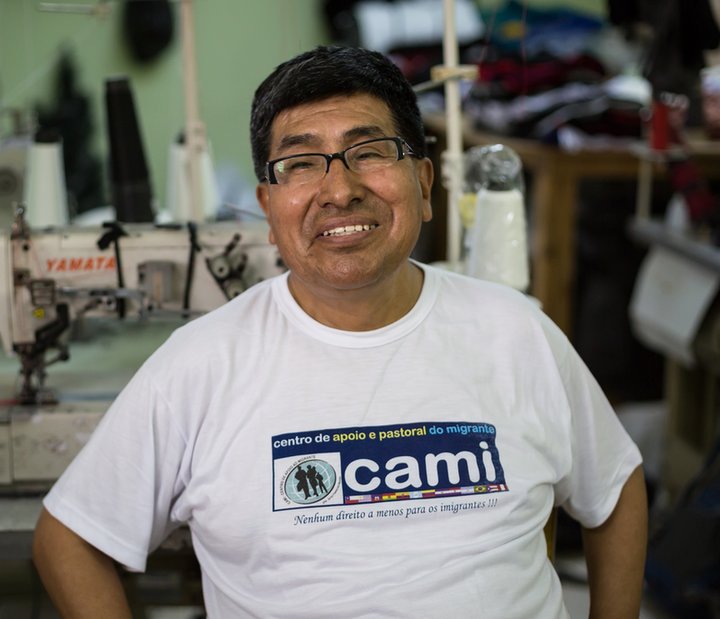Breakthrough Moments: What it takes to take innovation to scale
To transform the fashion industry, we need to go beyond incremental improvements. We need to completely change the system. Through Fashion for Good, we are identifying new innovations and new business models that have the power to do this. In just over two years, Fashion for Good has become a unique force, helping to scale disruptive solutions and proving industry’s demand for innovation.

A central part of Fashion for Good’s mission is bringing together the entire eco-system through its Innovation Platform. The aim is to find, strengthen and scale breakthrough solutions that can unlock challenges around waste, pollution, carbon footprint, forced labour, poor wages and unsafe working conditions.
On the platform, innovators go through either the Accelerator or Scaling Programme, where they receive mentoring, coaching and connections to a network of potential funders. This work is then underpinned by Fashion for Good’s network of corporate partners. In 2018, Fashion for Good signed up seven brands – increasing its total corporate partners to 15 – to now include adidas, Zalando, PVH Corp, Stella McCartney, Bestseller, Otto Group and Target.

In an industry first, leading brands that are normally competitors are united in creating the conditions to scale innovation, giving a collective signal to the market that there is strong demand for solutions like these. Partners understand that this unique collaboration enables them to both share the risk and collectively reap the sustainability rewards.
This combination is what makes Fashion for Good so powerful. On the one hand, it strengthens each start-up’s offer, while at the same time sending a strong signal to the investment world, sparking an upward spiral of industry demand and finance. This creates better conditions for success in a complex environment. It means Fashion for Good isn’t just plugging a funding gap in the traditional investment landscape, it’s also moving the market along. Attracting the right corporate partners has been crucial in creating this shift.

The proof is that, in 2018, Fashion for Good innovators secured more than EUR €20 million in additional financing from the private sector. This is no small feat, given the complexities of attracting private sector investment into an industry that’s considered risky with relatively low margins.

With its corporate partners, Fashion for Good has also jointly facilitated 15 new pilots. One of these, the Organic Cotton Traceability Pilot, led by Fashion for Good innovator Bext360, brought together a unique mix of organisations. As well as brands already affiliated with Fashion for Good, like Kering, Zalando, PVH Corp and C&A, it drew in technology providers, C&A Foundation, the multi-brand platform Organic Cotton Accelerator (OCA) and the manufacturer Pratibha Syntex. This shows that Fashion for Good is not only a platform to strengthen innovators and find solutions for its affiliates, it’s also a catalyst for further collaboration from across the industry.
Now that Fashion for Good has attracted a critical mass of corporate partners, as well as collaboration from across the industry, its power to help scale innovations can only continue to grow.
Disruptive circular technology will be a major unlock to resource and waste challenges and we believe that our partnership will help move our company and the industry forward.
Marissa Pagnani McGowan | GVP of corporate responsibility, PVH Corp
Fashion for Good has...
scouted over
700
innovators
selected
50+
start-ups
held over
500
business development sessions with innovators and corporate partners
catalysed
20m
Euros for innovators
hosted
90+
permanent co-locators in their Circular Apparel Community
collaborated with
50+
partner organisations, including 15 corporate partners representing more than €86 billion in revenue
produced more than
10
open source tools and reports inviting the industry to learn and contribute to a Good Fashion future

Alina & Cami
To make improvements to the fashion industry in Brazil, we need to carefully consider the political and social context and boost the ability of regional organisations to do their work in this climate.
We tailored ongoing support for both grassroots and larger-scale organizations, including Alina and CAMI, to consolidate their governance and structures, and help them develop better processes appropriate for the system they are operating in. The first evaluation of this work will be published in 2019, and signs are that the focus on core institutional support has been able to build these crucial organisations’ leadership capacity, internal processes and fundraising skills.